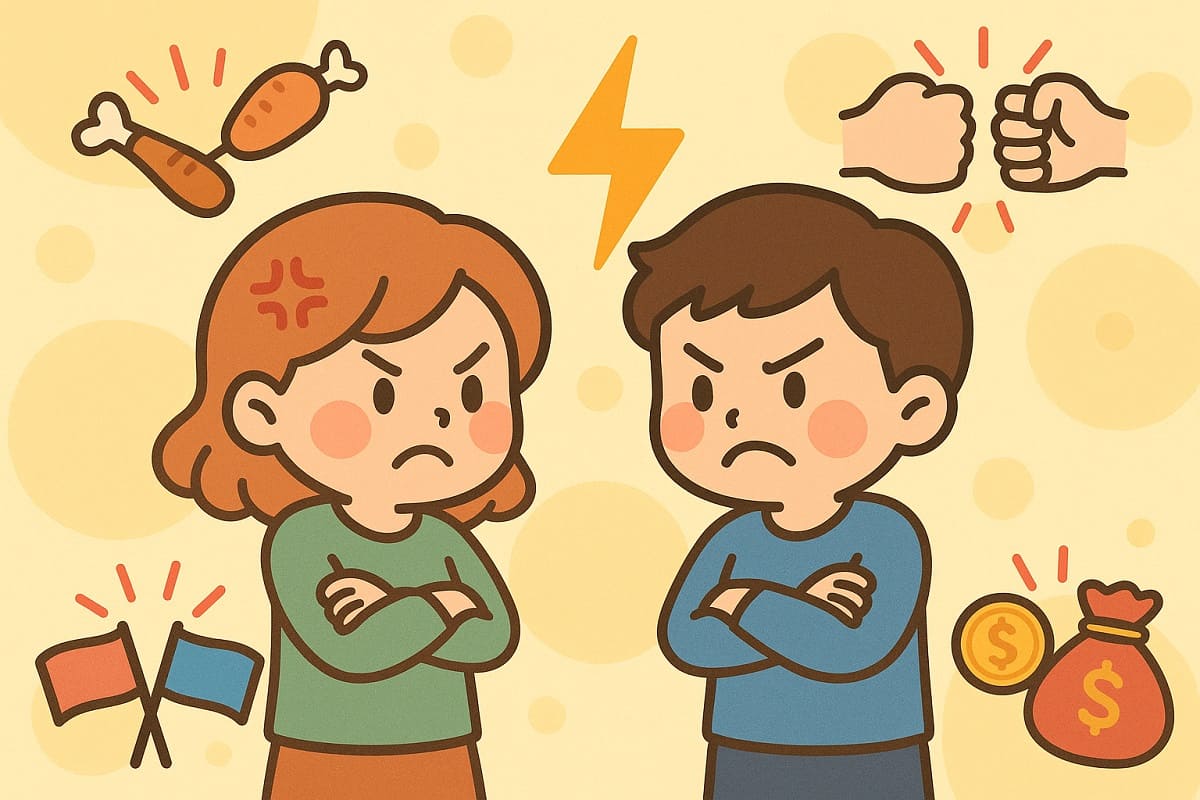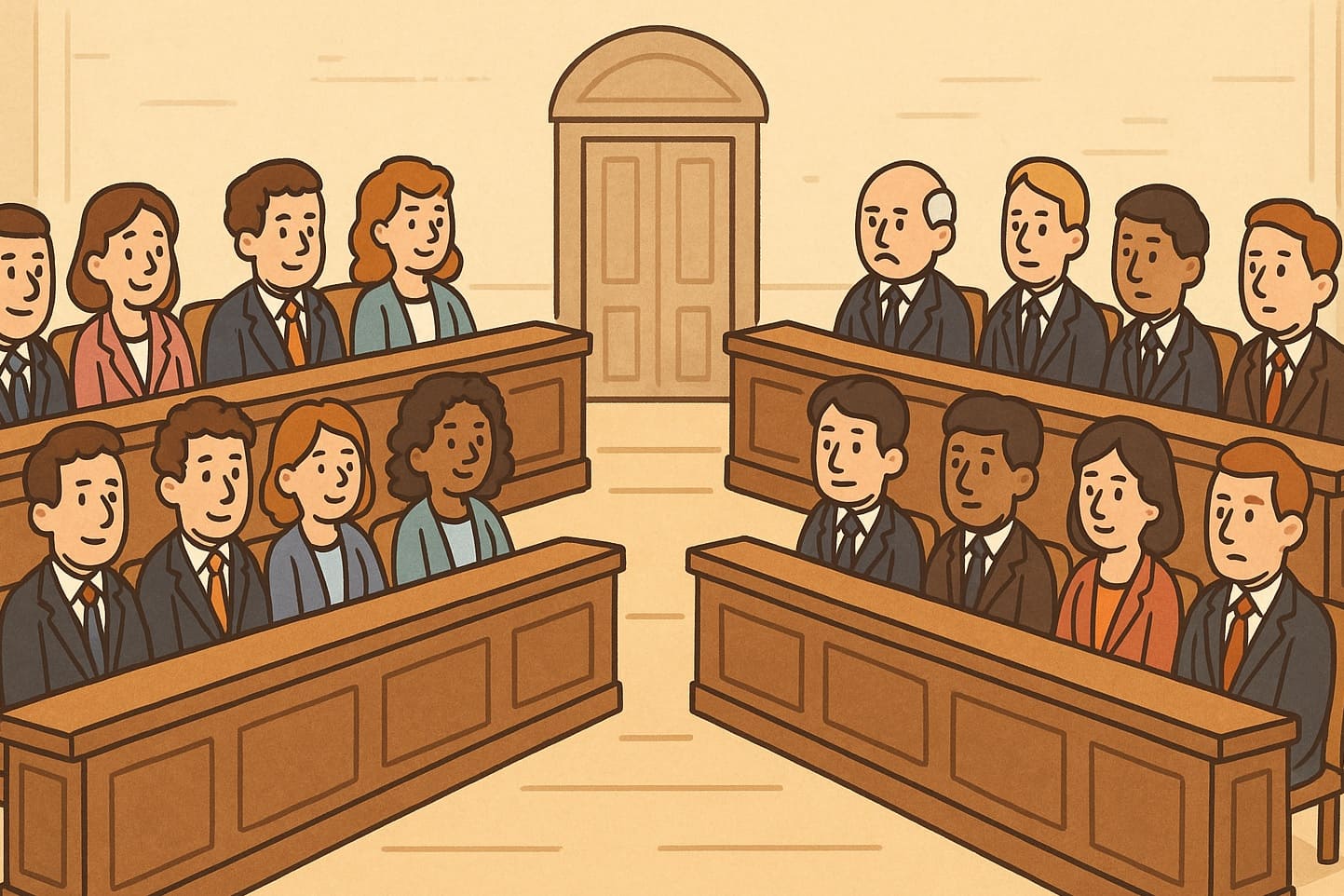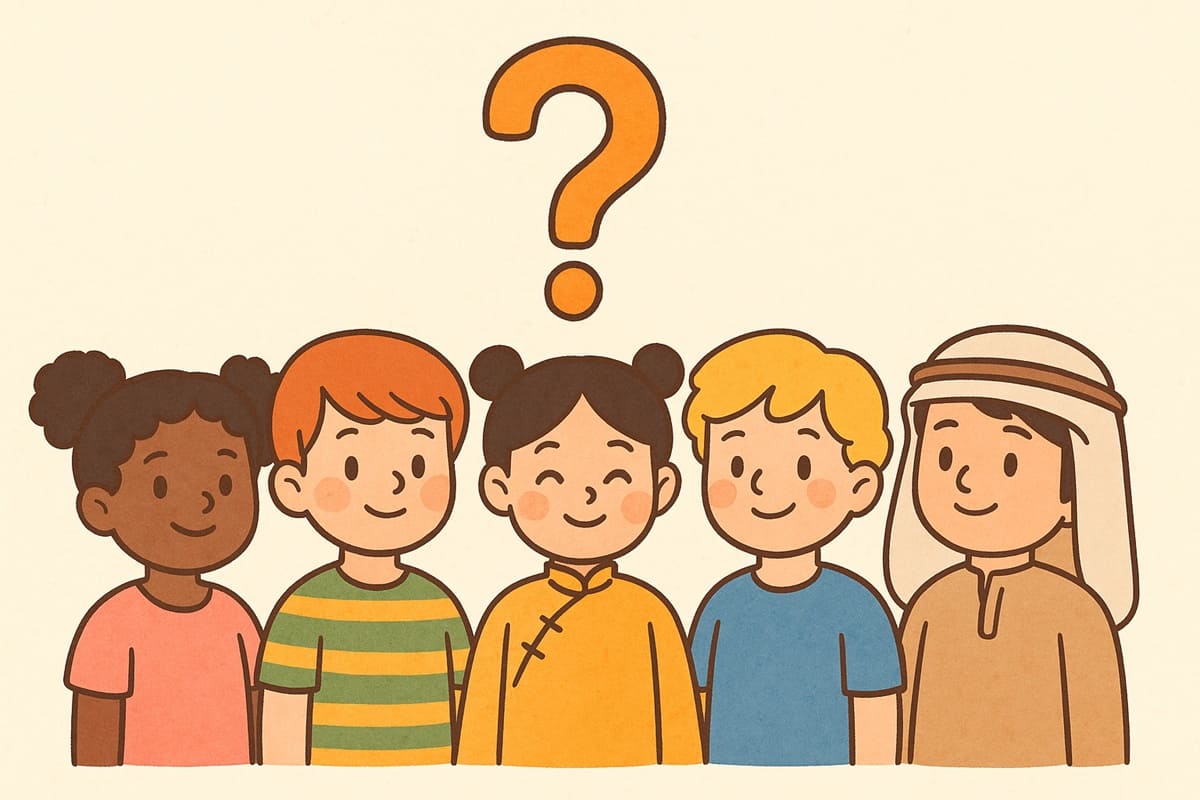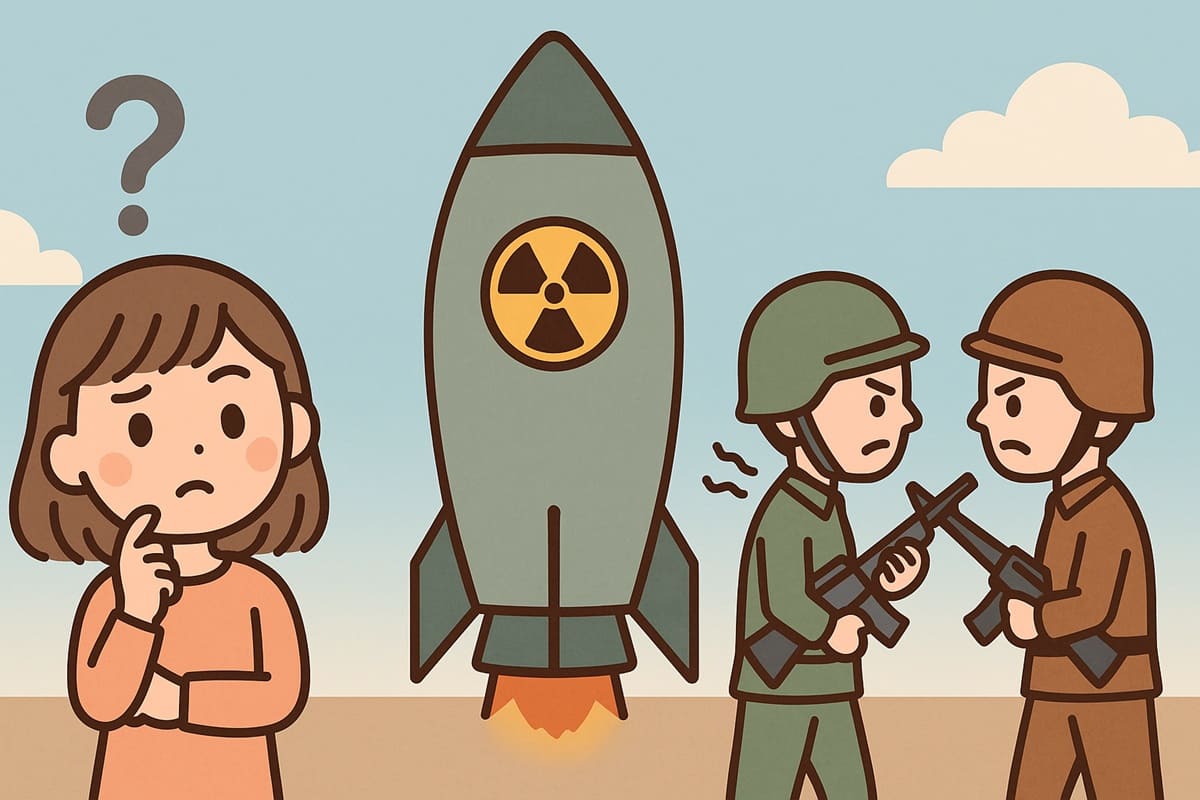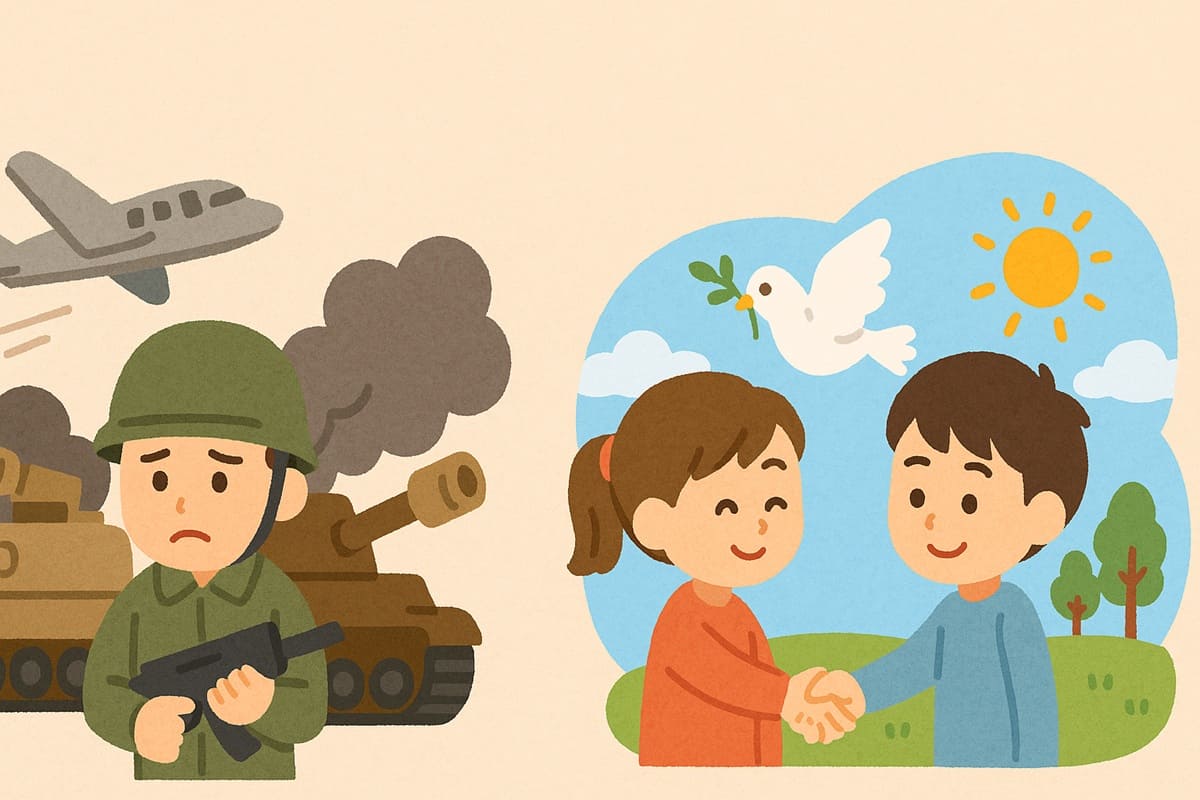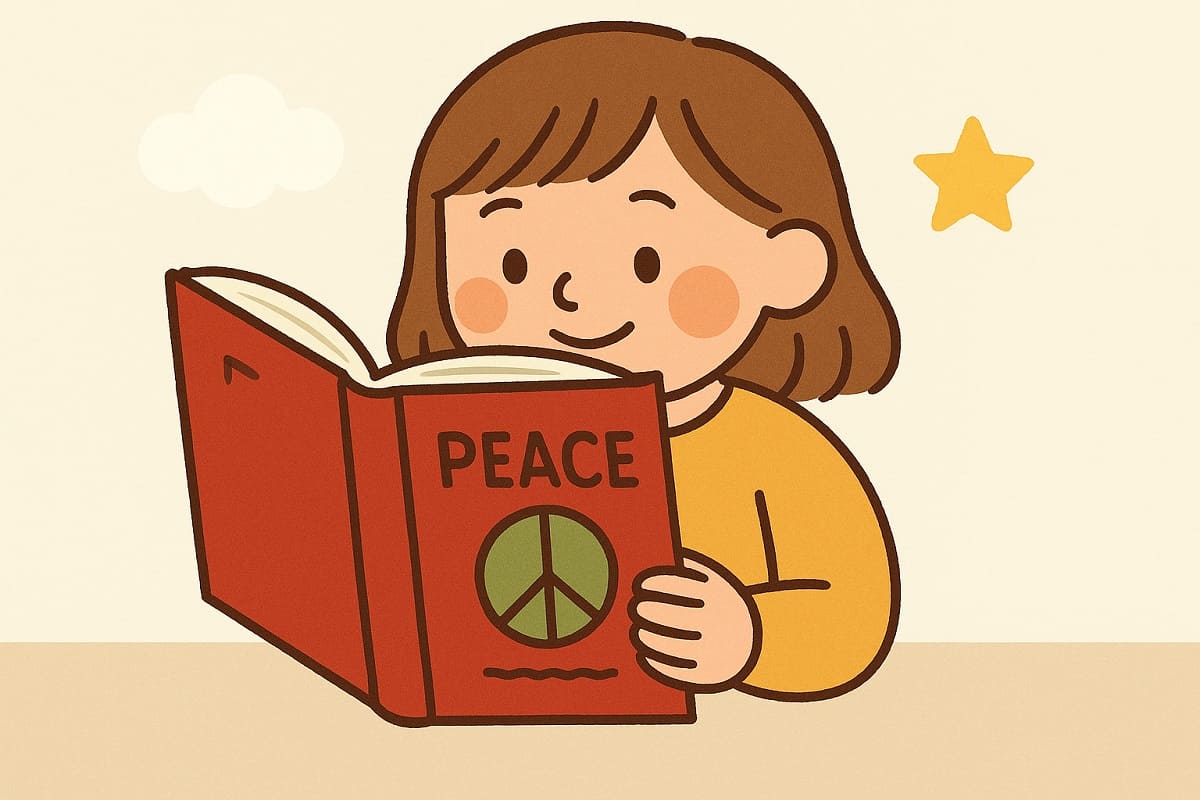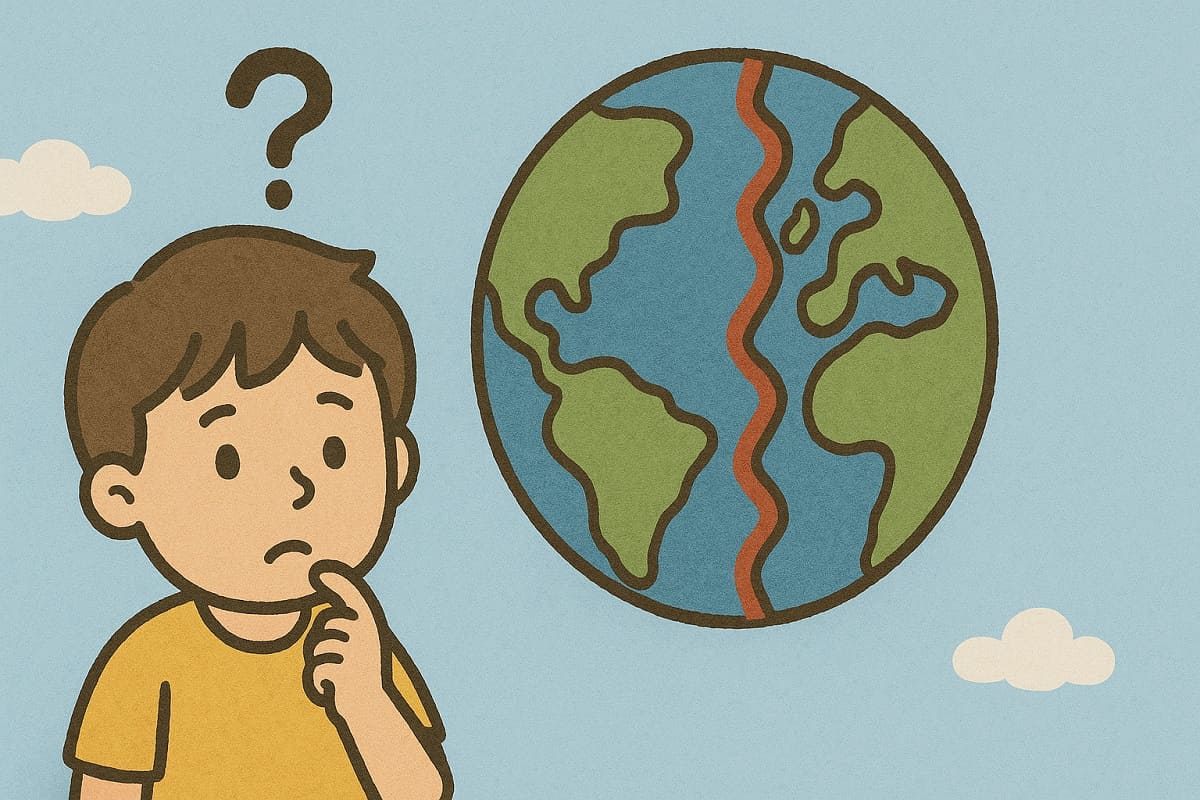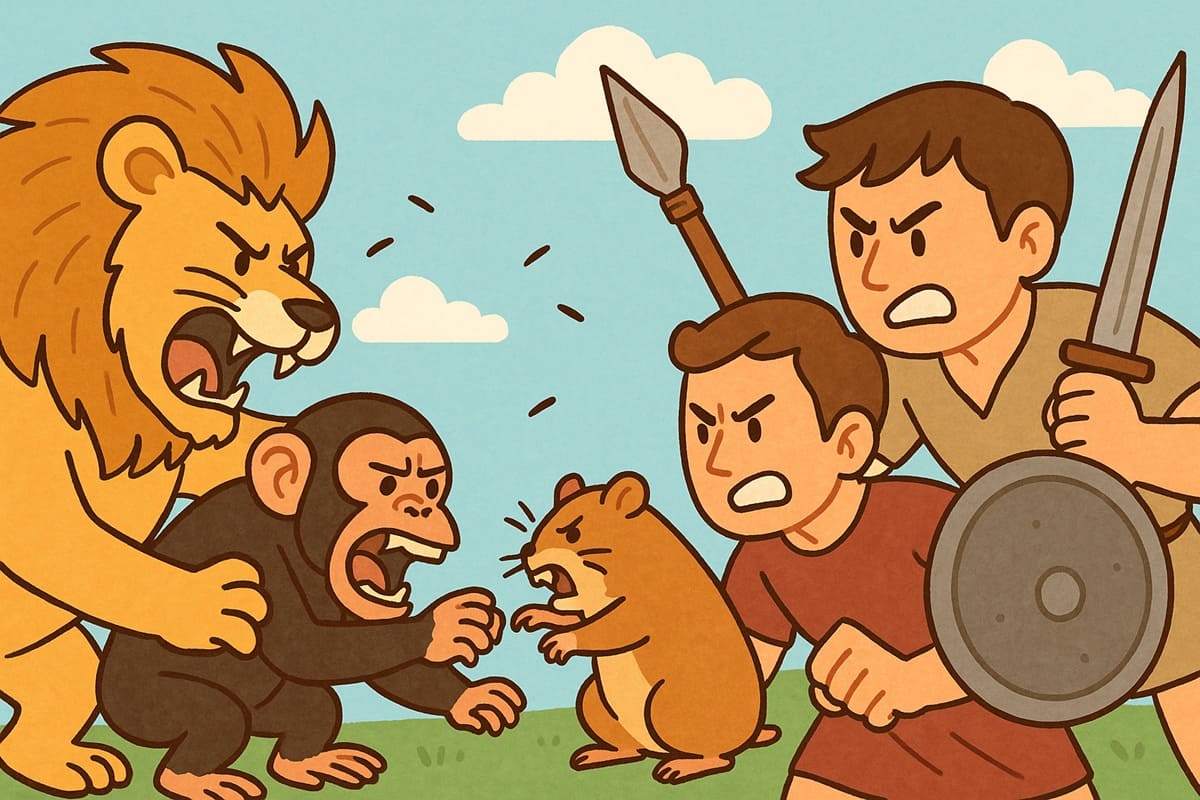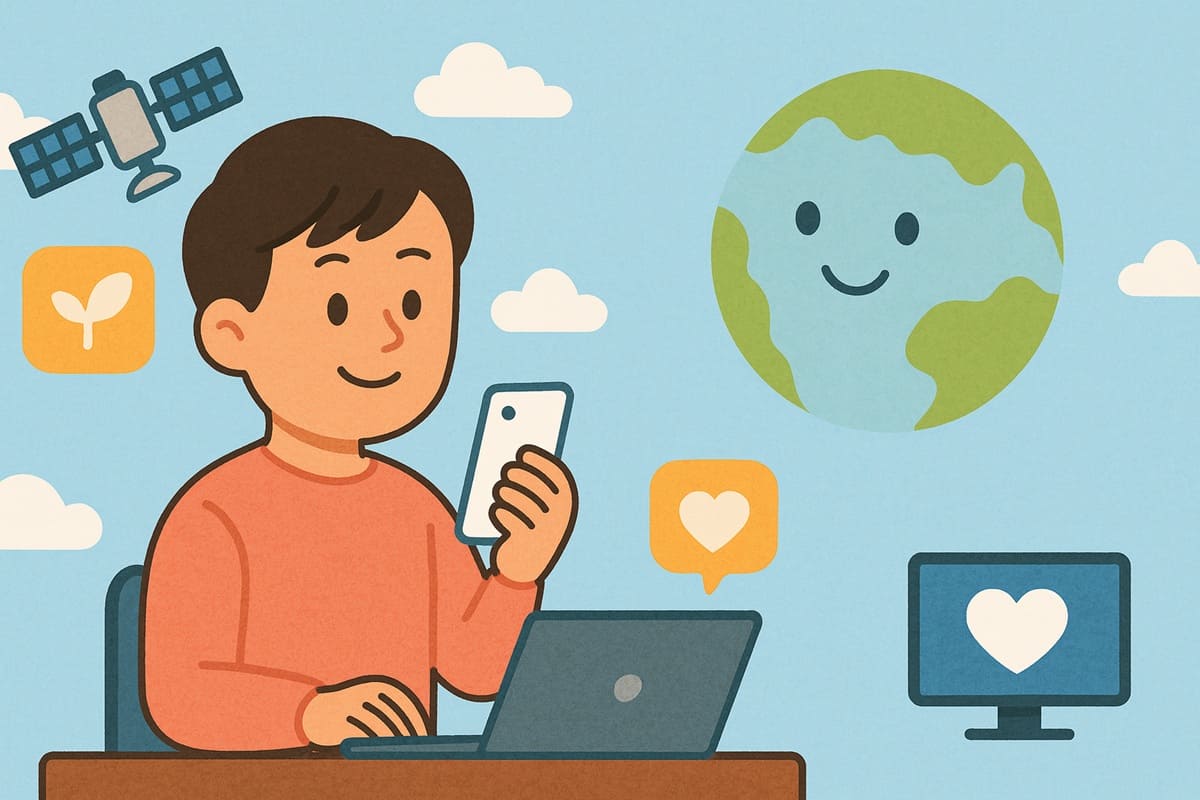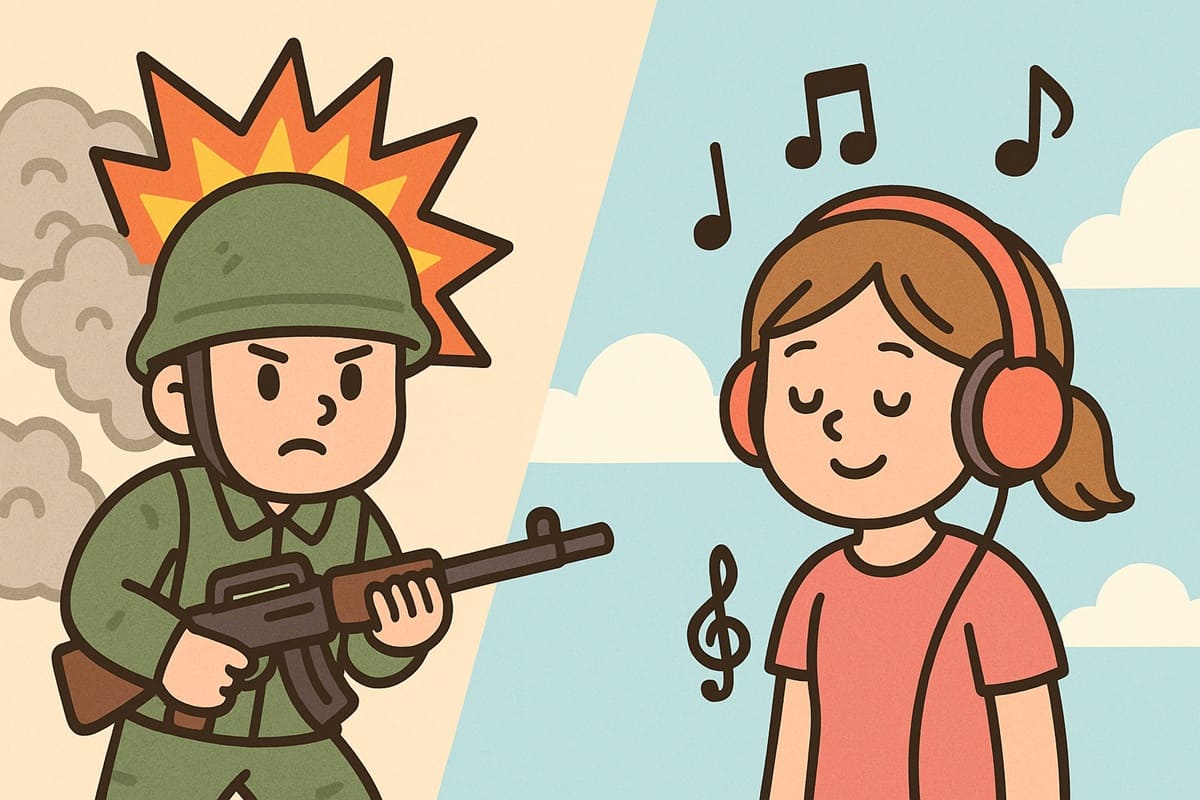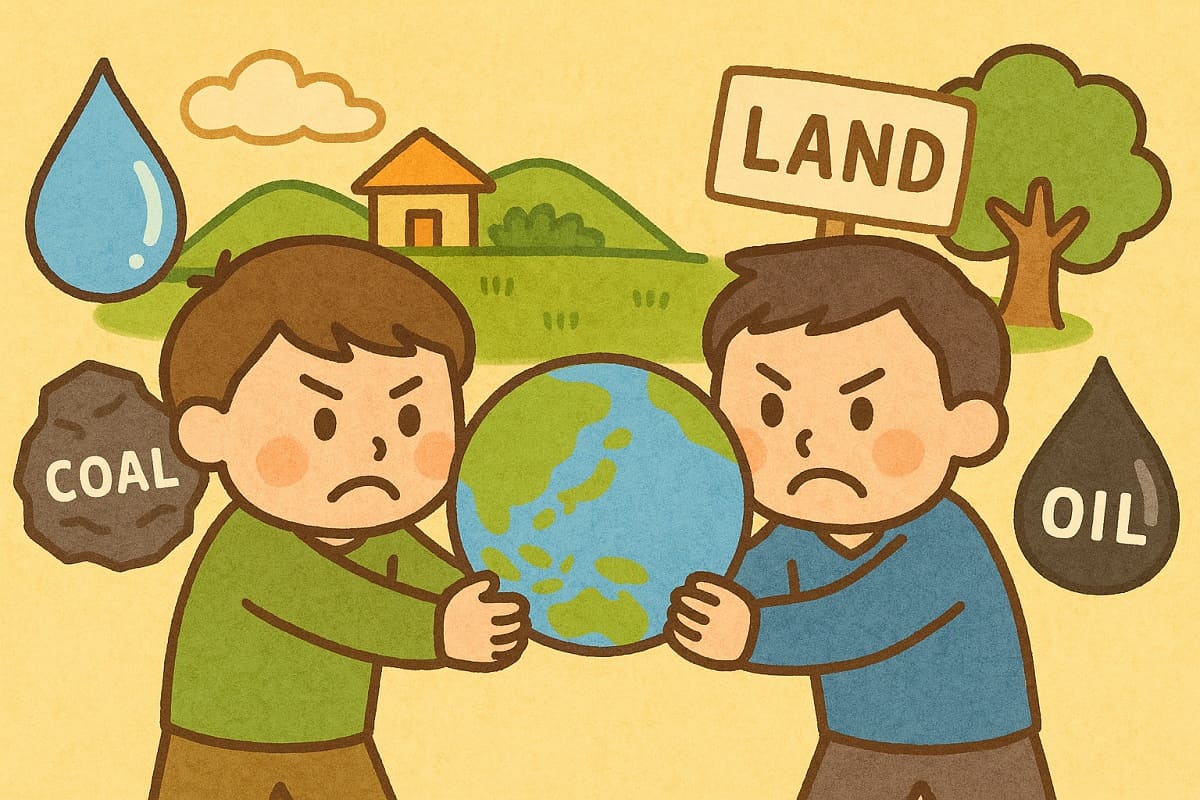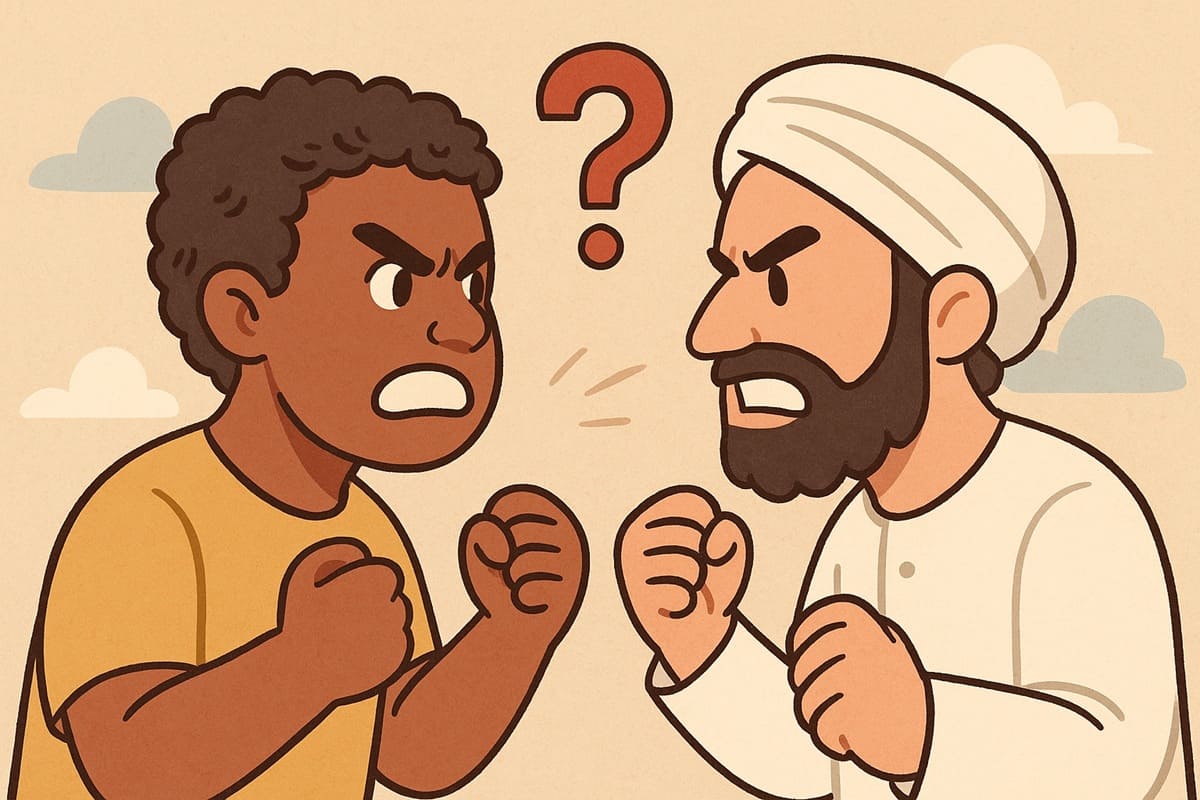What Should I Do After a Breakup? A Psychology-Based Guide to Overcoming Heartbreak
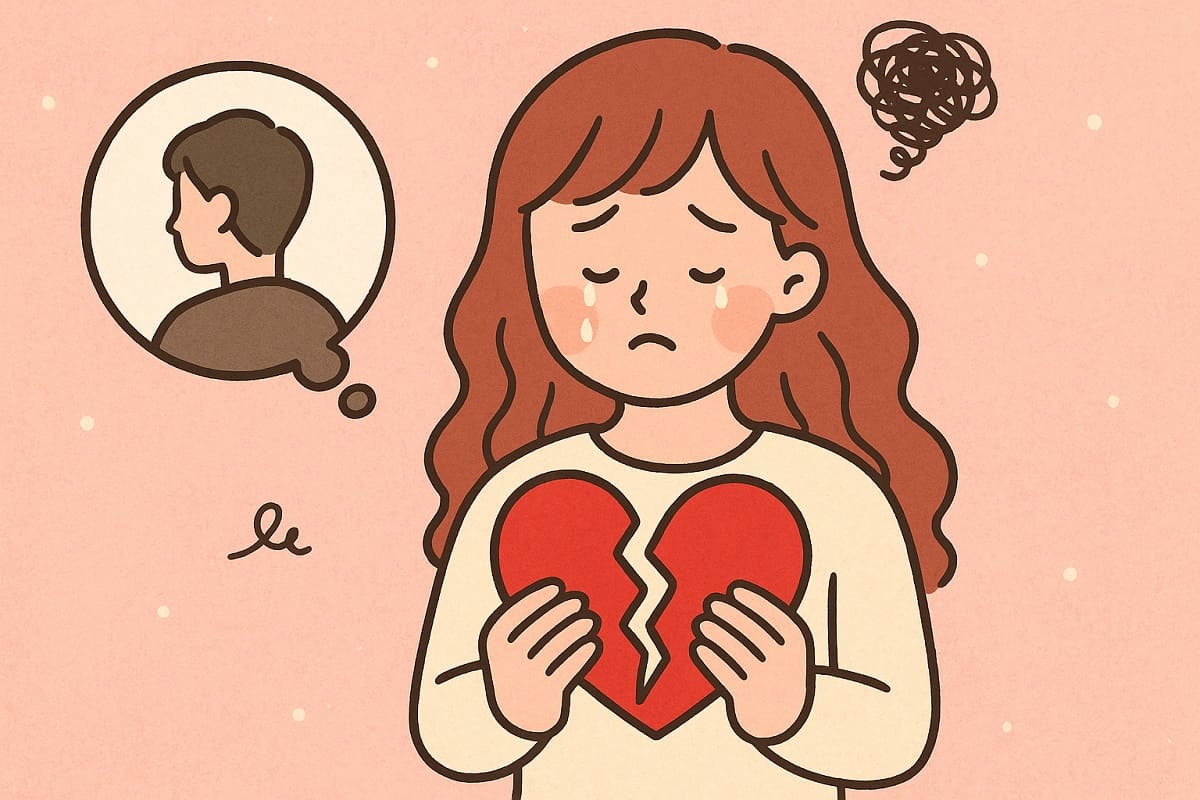
“I got dumped by someone I loved.”
“I broke up with someone special to me.”
When you go through something like that, it can feel like there’s a big hole in your heart.
Breakups are a completely natural part of life that can happen to anyone. No matter how close two people are, there will always be differences in personality and values. Even a relationship that starts off great can slowly drift apart over time. That’s why a breakup isn’t necessarily because someone did something wrong — it often happens simply because two people weren’t the right match.
Still, that doesn’t make it any less painful. Breakups hurt. They bring sadness, confusion, and sometimes make us feel lost.
In this post, we’ll explore how to deal with heartbreak, using insights from psychology and relationship research.
Why Does a Breakup Hurt So Much?
A breakup isn’t just the end of a romantic relationship. In psychology, losing someone important — including a romantic partner — is considered a major emotional loss. Just like the loss of a pet or a family member, ending a relationship with someone you were attached to can cause deep emotional pain.
Research shows that people often go through several emotional stages after a breakup:
- Shock and confusion (“I can’t believe it,” “Why did this happen?”)
- Anger and sadness (“Why me?” “I can’t forgive them.”)
- Depression and lack of motivation (“I don’t feel like doing anything.”)
- Gradual acceptance (“It’s really over.”)
- Looking forward (“Maybe I’ll be able to smile again someday.”)
This emotional process is called the “grief process,” and it’s a natural reaction that anyone might go through. Everyone heals at their own pace, but it’s important to remember:
Even if it’s painful now, things will eventually get better.
What Not to Do: Don’t Take It Out on Your Ex
“I want to get back together.”
“How could they break up with me like that? I can’t forgive them.”
These thoughts are common. But here’s something important to keep in mind:
Taking your anger or resentment out on your ex is only going to make things worse.
You might think:
“If I say something hurtful, they’ll regret it.”
“If I harass them, maybe they’ll pay attention to me again.”
But in reality, constant messages, trash-talking them on social media, or being clingy will only push them further away.
Sadly, these actions rarely help win someone back — and often lead to more trouble or damage your own reputation.
Psychological studies also show that when you stay stuck in anger or bitterness, your own recovery slows down.
In the end, even if you think you’re doing something to get back at your ex, the person you hurt the most is usually yourself.
So How Can I Heal from Heartbreak?
So how can you move forward after a breakup?
Psychological research suggests a few effective steps:
1. Accept the Reality of the Breakup
It’s painful, but accepting that the relationship is over is the first step to healing. This is called “psychological detachment.”
If you keep thinking, “Maybe we’ll get back together…” or “If only I had done things differently…”, it becomes hard to move on.
That said, don’t force yourself to “be okay.” It’s okay to cry. It’s okay to talk to a friend about your pain.
Don’t deny your emotions — feeling them is how your heart begins to heal.
2. Wish Your Ex Happiness
This might sound impossible at first.
But as strange as it seems, when you can say, “I hope they’ll be happy,” your heart starts to feel lighter. Letting go of anger and sadness is an important step toward emotional freedom.
In fact, relationships that end on good terms are more likely to lead to reconciliation in the future.
On the other hand, when things end in hatred or resentment, it becomes almost impossible to rebuild trust later on.
3. Find the “Lesson” in the Breakup
You might be thinking, “I never want to go through this again.”
But sometimes, going through pain helps us understand ourselves better and see love from a new perspective.
In psychology, this kind of realization is called “growth.”
For example:
- “Next time, I want to be in a relationship where I value myself more.”
- “I want to be more honest about my feelings.”
- “I want to learn to understand the other person’s point of view.”
Breakups can be painful — but they can also help you grow as a person.
Don’t Keep It All Inside: Talk to Someone
After a breakup, many people tend to bottle up their feelings and suffer in silence. But talking to someone you trust — a friend or a family member — is incredibly important.
Psychological studies show that people recover from heartbreak more quickly when they receive support from others.
“Talking helped me organize my thoughts.”
“Just knowing someone understood made me feel better.”
Support like this can make a huge difference.
Don’t suffer alone — talking is often the fastest way to start healing.
Conclusion: Heartbreak Can Be a Chance to Grow
Breakups are hard. There’s no denying that.
But psychology tells us something hopeful:
“People grow through heartbreak.”
Even if it hurts now, the day will come when you’ll smile again.
Cherish your own emotions, lean on others when you need to, and take small steps forward.
Someday, you might be able to say:
“That love — and that heartbreak — helped shape who I am today.”
Main References
- Ishimoto, N., & Imagawa, T. (2001). Youths’ recovery process after romantic breakups. Journal of Interpersonal Social Psychology, 1, 119–132.
- Asano, R., Ishige, K., & Shinagawa, M. (2010). Do people grow through heartbreak? Personality Studies, 19(2), 113–115.
- Halpern-Meekin, S. et al. (2013). Relationship churning in emerging adulthood: On/off relationships and sex with an ex. Journal of Adolescent Research, 28(2), 166–188.
- Nakata, T. (2008). A study of recovery from heartbreak in adolescence. Hiroshima International University Clinical Psychology Bulletin, 6, 31–47.
- Hitou, H. (2011). A qualitative study of recovery from heartbreak. Master’s Thesis, Graduate School of Human Sciences, Osaka University.
